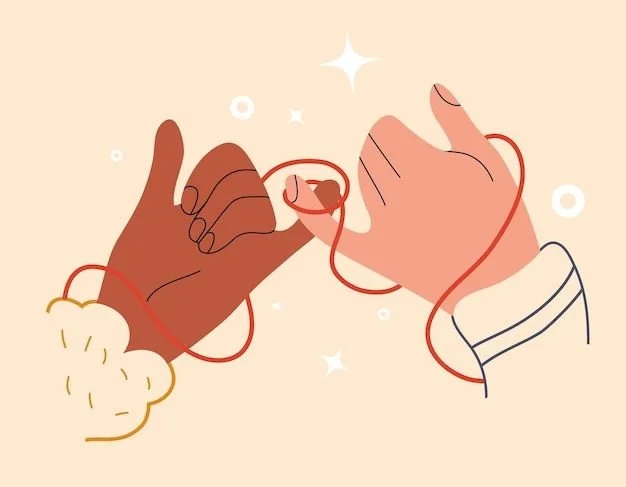Traumatic Experiences
I mainly work with folx that have experienced various traumatic experiences and are seeking safety, healing, and connection. Trauma can arise from many experiences including childhood neglect/abuse, sexual assault, intimate partner violence, narcissistic abuse, loved ones of individuals struggling with addiction, loss of a loved one (including by suicide), complex trauma, and childbirth.
While these are the most common areas I support, I recognize that trauma looks different for everyone. My role is to create a safe, compassionate space where your story is honored and where healing is possible. My approach is informed by both my professional training and the lived experiences that shape who I am as a therapist.
Substance Use Disorders
Addiction touches countless lives and is often unfairly stigmatized and misunderstood. Too often, these misconceptions—and the systems built around them—keep people from seeking the support they need and deserve.
My passion for this work comes from both personal and professional experience. Growing up with a family member struggling with addiction shaped my commitment to supporting individuals in recovery. Over the years, I’ve worked in outpatient and intensive outpatient programs, as well as medication-assisted treatment settings, to help clients navigate the complex journey of healing.
I have experience supporting people facing challenges with opioids, alcohol, cocaine, and marijuana. My goal is to provide a safe, nonjudgmental space where together we can work toward recovery, resilience, and a life rooted in freedom and possibility.
Anxiety and Depression
Anxiety and depression are among the most common concerns I support in my practice. These challenges can take many forms such as showing up as constant worry, panic attacks, fears around health or safety, or difficulty in social situations. Other times, they appear as deep sadness, hopelessness, loss of energy, or struggling to function day to day.
Depression and anxiety can be connected to many life experiences, including trauma, grief, postpartum changes, relationship transitions, job stress, or even a sense of uncertainty about the world around us. For some, they may also be part of a longer-term mental health condition such as Major Depression or Bipolar Disorder.
Relational Wounds
Many of us carry relational wounds—pain that comes from difficult or unhealthy relationships, past or present. These wounds can show up as struggles with a partner, challenges building or maintaining friendships, the heartbreak of separation or divorce, or the lasting impact of betrayal. They can also trace back to childhood experiences where a parent was neglectful, abusive, emotionally immature, or narcissistic.
In our work together, we gently explore the roots of these wounds and how you’ve learned to protect yourself from further hurt. Sometimes that looks like feeling constantly on edge, or avoiding vulnerability out of fear of being hurt again. Together, we’ll focus on building healthier boundaries, fostering safety in your connections, and helping you rediscover a sense of self-love that isn’t limited by the pain of the past.
Areas of Focus
Ways I Support Healing and Growth
-
Eye Movement Desensitization and Reprocessing (EMDR)
EMDR is a type of therapy that helps people heal from painful or traumatic experiences. EMDR uses bilateral stimulation (movements/stimulation on both sides of the body such as tapping or eye movements) while you focus on certain memories or feelings. This process helps your brain reprocess the memory so it feels less overwhelming and loses its strong emotional “charge.” Many people find that after EMDR, they can remember the event without it triggering the same intense stress, fear, or negative beliefs about themselves.

-
Trauma-Informed and Somatic Experiencing Approaches
Trauma-informed skills incorporate knowledge about how altering trauma can be to one’s mind and body, therefore I approach therapy with empathy, establish safety through language and presentation, as well as move at the pace that is most comfortable. Somatic Experiencing adds an additional focus on the body, helping you notice and gently release stored tension or survival responses. Together, these approaches support healing not just through talking, but by calming the nervous system and restoring a sense of balance and safety.

-
Dialectal Behavioral Therapy-Informed Skills
DBT is a type of therapy that focuses on building practical tools you can use in everyday life to manage big emotions, reduce stress, and improve relationships. These skills include things like learning how to stay present in the moment (mindfulness), handle tough situations without making things worse (distress tolerance), better understand and regulate your feelings (emotion regulation), and communicate more effectively (interpersonal effectiveness). We work together to practice the skills that fit your needs and help bring more balance and stability into your life.

-
Cognitive Behavioral Therapy (CBT)
CBT is a therapeutic approach that helps you notice and change unhelpful patterns of thoughts and behaviors that may be keeping you stuck. Together, we look at how your thoughts affect your feelings and actions, then practice healthier ways of thinking and coping. The goal is to give you concrete strategies you can use outside of sessions to reduce stress, improve mood, and feel more in control of your life. CBT is one of the most commonly used types of therapy due to the heavy research into its effectiveness.

-
Attachment Theory and Couple's Counseling Informed Skills
Our earliest relationships shape the way we connect with others as adults. Attachment theory helps us understand these patterns such as if we tend to be more anxious, secure or distant. Our attachment styles can influence how we trust, communicate and work through conflict in our relationships. Although I do not provide couples therapy, I utilize Gottman Method-informed practices to explore communication styles, conflict resolution, and finding ways to strengthen your relationship. Together, we’ll explore both the “why” behind your relationship dynamics and the “how” of building a stronger, more supportive partnership even in our individual work together.

-
Motivational Interviewing (MI)
Motivational Interviewing is a collaborative style of therapy that helps you explore your own reasons for change in a nonjudgmental way. Instead of being told what to do, you’ll be supported in uncovering your strengths, values, and motivations so that change feels possible and self-directed. This approach is especially helpful when you’re feeling stuck, ambivalent, or unsure about your next steps. Motivational Interviewing can be utilized with a variety of different challenges, but most commonly used when helping folx working towards addiction recovery.
